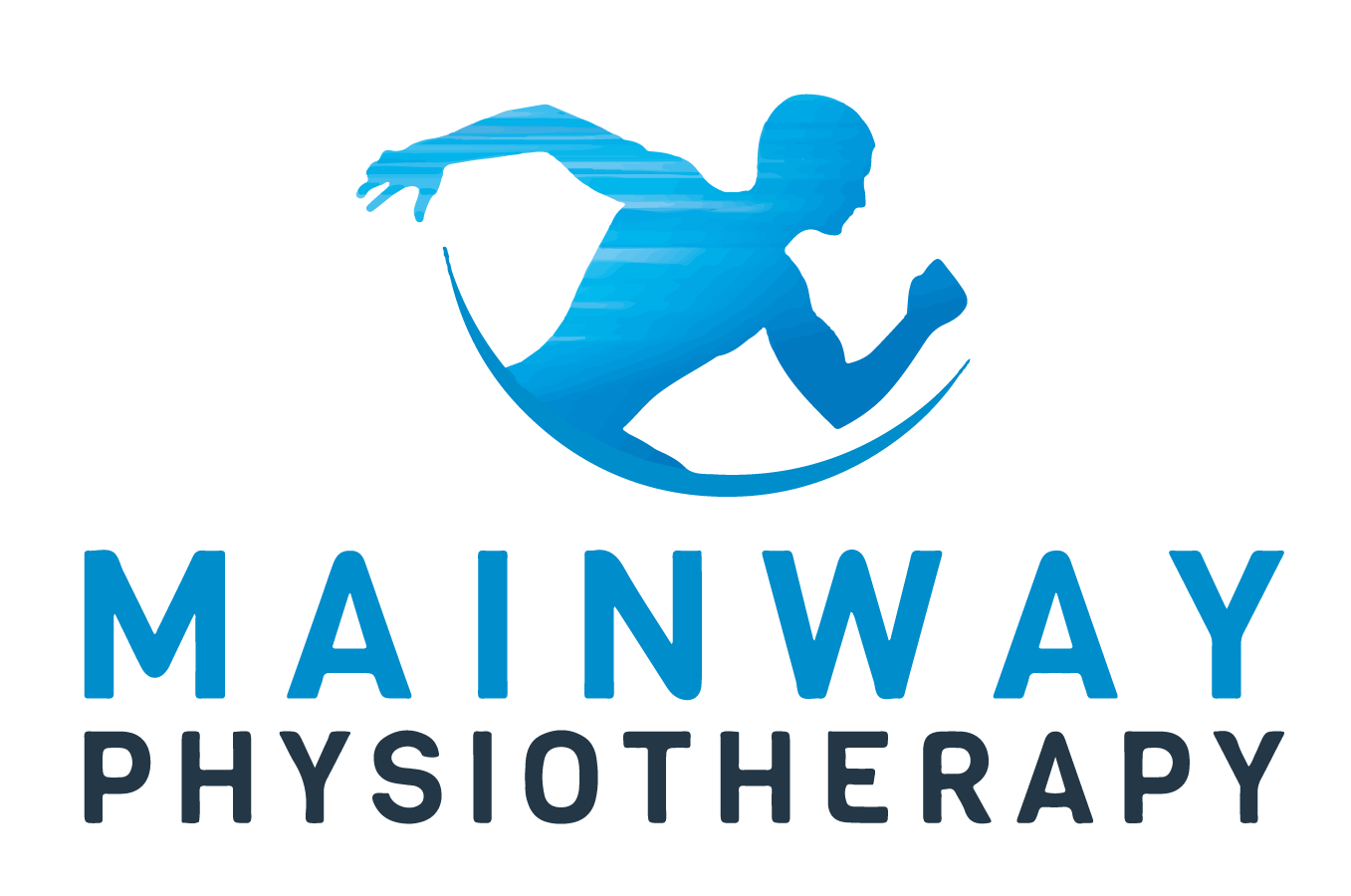Pelvic Floor Issues and How Deanna, Pelvic Health Physiotherapist at Mainway, Can Help
Pelvic health is a crucial aspect of overall well-being, yet it is often overlooked or misunderstood. At Mainway Physiotherapy, we specialize in Pelvic Health Physiotherapy, which involves the assessment and treatment of musculoskeletal (MSK) conditions related to the pelvic floor. This type of physiotherapy is essential for addressing pelvic health concerns and improving your quality of life.
Who Can Benefit from Pelvic Health Physiotherapy?
Pelvic Health Physiotherapy is beneficial for individuals experiencing pelvic floor dysfunction. Whether due to pregnancy, aging, surgery, or other health conditions, pelvic floor dysfunction can significantly impact daily life, but physiotherapy can help manage and treat these issues effectively.
Common Conditions Treated with Pelvic Health Physiotherapy
Pelvic Floor Physiotherapy can help manage and alleviate symptoms associated with various conditions, including:
Urinary incontinence – Difficulty controlling bladder function.
Pain during intercourse – Discomfort or pain with sexual activity.
Pelvic girdle pain – Common during pregnancy or postpartum.
C-section recovery – Helping restore strength and mobility post-surgery.
Frequent urination or urgency – The constant feeling of needing to urinate.
Bladder pressure – A sensation of heaviness or fullness.
Understanding Pelvic Health with Deanna Jensen, Registered Pelvic Health Physiotherapist
Impact of Childbirth on the Pelvic Floor
Whether through cesarean or vaginal birth, childbirth can leave lasting effects on the pelvic floor. Deanna sees many clients struggling with issues like urinary incontinence, prolapse, and pain during intercourse.
The physical toll of pregnancy, including hormonal changes, tears, and scar tissue, combined with emotional stress, can significantly strain the pelvic floor muscles. If left untreated, these issues can worsen, affecting mobility, confidence, and overall quality of life.
Stress and Its Role in Pelvic Floor Dysfunction
Pelvic floor muscles react automatically to stress, contributing to muscle tension, altered breathing patterns, elevated cortisol levels, increased intra-abdominal pressure, and urinary and bowel symptoms. This affects both men and women, highlighting the systemic impact of stress on our physical and mental well-being.
Many people suffer in silence, avoiding activities they once enjoyed due to pelvic floor issues, which can impact both their social and professional lives.
Systemic Causes of Pelvic Floor Issues
Beyond childbirth and stress, various systemic conditions can contribute to pelvic floor dysfunction. These include chronic diseases like cancer, multiple sclerosis (MS), Parkinson’s disease, irritable bowel syndrome (IBS), polycystic ovary syndrome (PCOS), and post-surgical complications such as those following prostatectomy.
Chronic constipation, poor long-term habits, and trauma, both physical and sexual, also play significant roles in pelvic floor health.
Support and Treatment Options
Deanna emphasizes the importance of seeking diagnosis and treatment for pelvic floor issues. At Mainway Physiotherapy, she offers a holistic approach to rehabilitation, chronic pain management, and injury prevention. Her personalized treatment plans are tailored to each client’s goals, helping them regain comfort and function in their daily lives.
Pelvic Floor Frequently Asked Questions, Answered by Deanna!
1. What is Pelvic Health Physiotherapy?
The assessment and treatment of most conditions involving the pelvic floor.
2. What happens during a Pelvic Floor Physiotherapy session?
At Mainway Physiotherapy, we ensure a comfortable and supportive experience for every client. Here’s what you can expect:
Initial Assessment
You will be invited to share your story, discussing your concerns and symptoms at your comfort level.
We will determine if physiotherapy is the right approach and create a personalized treatment plan.
Physical Examination
A functional movement analysis will assess how your body moves, including walking, bending, and squatting.
Strength testing will focus on your core and hip muscles, which coordinate with the pelvic floor.
If needed and with your consent, a direct pelvic floor observation may be recommended to assess muscle contraction and relaxation.
In some cases, an internal exam (vaginally or rectally, using a gloved digital approach) may be performed to check for muscle abnormalities and strength.
Treatment Plan
Based on the assessment, we will develop a comprehensive treatment plan that may include:
Pelvic floor muscle exercises (e.g., Kegels) to improve strength.
Stretching and strengthening routines for better mobility.
Breathing exercises to enhance muscle coordination.
Lifestyle modifications and education on pelvic floor care.
If necessary, internal muscle releases or external techniques for improved function.
3. Is Pelvic Floor Physiotherapy painful?
No, if you are uncomfortable at any time, we stop.
4. How long does it take to see results?
Just like any physiotherapy treatment, it depends on your condition, commitment to the program, and severity of symptoms.
5. Do I Need a Doctor’s Referral to See a Pelvic Floor Physiotherapist?
No. You do not need a doctor's referral to begin Pelvic Floor Physiotherapy. However, a pelvic floor physiotherapist differs from a medical specialist with an advanced qualification.
6. How can I strengthen my pelvic floor?
Proper breathing techniques help with muscle coordination.
Kegel exercises will strengthen your pelvic floor muscles.
Walking regularly encourages natural engagement of the pelvic muscles.
Strength training can improve overall muscle support and endurance.
7. What are the benefits of Pelvic Floor Physiotherapy?
Clients experience reduced pain, improved muscle strength and function, better bladder control and reduced urgency to ‘go’, and enhanced sexual health and comfort.
Take Charge of Your Pelvic Health
Understanding the causes of pelvic floor issues is essential for proactive health management. Whether you’re navigating the challenges of postpartum recovery, managing chronic conditions, or dealing with the effects of stress, Deanna Jensen and the team at Mainway Physiotherapy are here to support you.
At Mainway Physiotherapy Burlington, we take a holistic approach to injury prevention, chronic pain, rehabilitation, and sports therapy. Our team of certified professionals will help you live an active and pain-free lifestyle by creating a personalized treatment plan centered around your goals.



